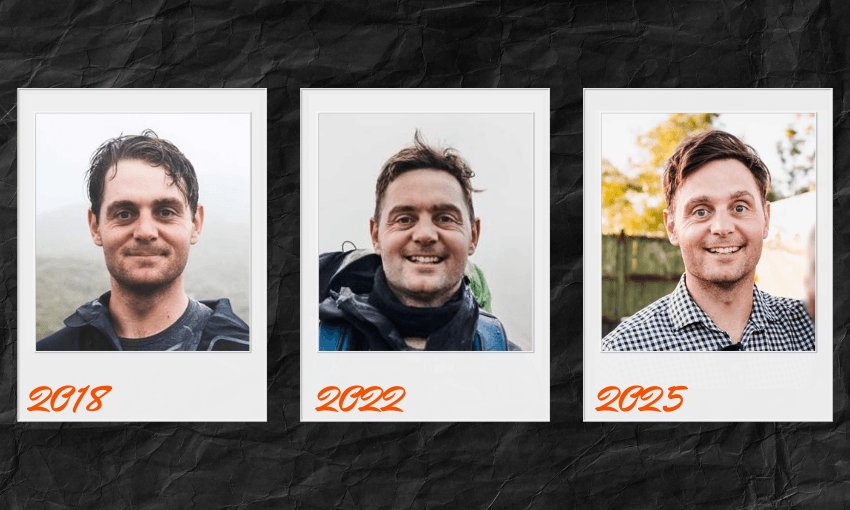Message to members on brain retraining,
from Patrick Hadfield
In relation to discussion in the (Facebook) ME/CFS Support Group NZ and ‘Admin’ post - 10 June, 2025
We want to start by acknowledging that the topic of brain retraining has been a source of concern and tension for some of our members, both recently and in the past. We're really sorry that some of these conversations have left people feeling unheard or upset. This was not our intention at all and we apologise for any upset to members this process has caused. The ME Support Board is listening, and we’re very aware of the strong feelings and diverse opinions around this issue, especially in our Facebook community and wider membership.
For those unfamiliar with the term, brain retraining refers to programmes that aim to shift how the brain responds to stress and perceived threats, drawing on ideas around the nervous system and neuroplasticity. “Brain retraining” could include a range of approaches from Cognitive Behavioural Therapy (CBT) and mindfulness to overall programs like the Lightning Process.
Just to clarify where ME Support stands:
- ME/CFS and Long COVID are biomedical illnesses.
- We recommend following the NICE guidelines (2021), as a first step.
- We don’t endorse formal brain retraining programmes like the Lightning Process. We don’t consider them to be curative and advise against them.
That said, we know some people have found various strategies, including elements of brain retraining, helpful in their personal journey, even if those strategies sit outside current NICE recommendations. We believe it’s important for members to have access to a range of perspectives, while also being aware of the potential risks, costs, and different outcomes people have experienced.
We’d like to explore how we can support respectful, balanced discussions around these kinds of approaches. Any such conversations would need to be carefully moderated and follow our community guidelines to ensure everyone feels safe and respected.
We’d love to hear from you
Would you be interested in having a well-moderated space within our Facebook group and support groups to discuss brain retraining, whether that’s specific programmes or individual techniques that can be used in isolation to support wellbeing?
Our Process
To be transparent about how we’re approaching this:
- A discussion paper on this issue was presented to the Board in April and discussed in depth.
- We then set up a small subcommittee to develop a clearer outline of ME Support’s position and how this topic might be talked about in our Facebook group and support groups.
- A draft document has now been created, but it’s still being refined.
- All the feedback we’ve received so far from members has been passed on to the subcommittee.
- Before anything is finalised, we want to hear directly from more of you both ME Support members and those in our Facebook group, about whether and how you’d like this topic to be discussed in these spaces.
Your feedback will help shape the final version of the position and communication document, which will be signed off by the Board and shared with everyone.
At the same time, we’ve already been working on updated guidelines to help us better moderate all discussions in the Facebook group. These will include clearer roles and responsibilities for admins, group rules, and expectations for how members engage with one another.


